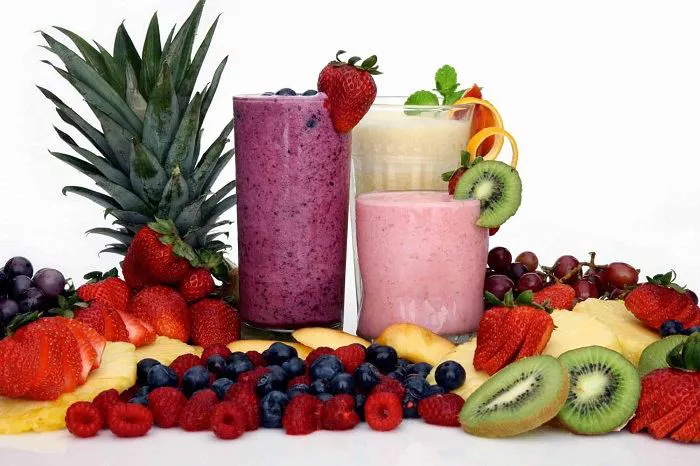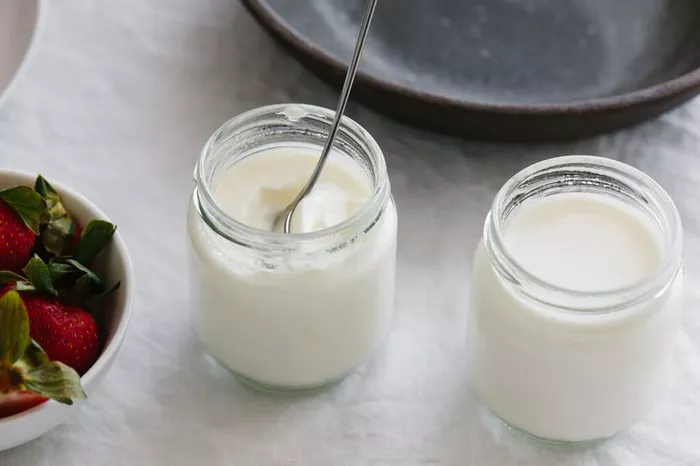Achieving healthy, radiant skin is a goal many aspire to, but the journey often involves more than skincare products alone. The foods we consume play a pivotal role in the health of our skin. In this article, we will explore the top six foods to avoid for bad skin. From understanding the impact of certain dietary choices to making informed decisions that support skin health, this comprehensive guide aims to empower individuals in their quest for clear and glowing skin.
Top 6 Foods to Avoid for Bad Skin
1. Refined Sugar
Bad skin often has a strong correlation with dietary choices, and one of the primary culprits is refined sugar. Consuming excessive amounts of sugar can lead to inflammation in the body, triggering a cascade of events that negatively impact the skin. Elevated insulin levels may contribute to an overproduction of oil, leading to clogged pores and acne breakouts. Additionally, the process of glycation, where sugar molecules bind to collagen and elastin, can accelerate skin aging, resulting in wrinkles and fine lines. To promote healthy skin, it’s advisable to limit the intake of refined sugars found in candies, pastries, and sugary beverages.
2. Dairy Products
For individuals struggling with bad skin, dairy products might be a contributing factor. Some studies suggest that dairy consumption may exacerbate acne, possibly due to the hormones present in milk. Additionally, dairy can stimulate the production of insulin-like growth factor 1 (IGF-1), which is linked to increased sebum production and the development of acne lesions. While more research is needed to establish a conclusive link, individuals with persistent skin issues may consider reducing their dairy intake and opting for dairy alternatives to observe potential improvements.
3. Processed and Fried Foods
A diet rich in processed and fried foods can contribute to bad skin by promoting inflammation within the body. Processed foods often contain high levels of unhealthy fats, artificial additives, and preservatives, all of which can trigger inflammatory responses. Chronic inflammation is a known precursor to various skin conditions, including acne, eczema, and psoriasis. Fried foods, in particular, can lead to oxidative stress, compromising the skin’s ability to repair and regenerate. Opting for a diet focused on whole, unprocessed foods and healthier cooking methods can help mitigate inflammation and support clearer skin.
4. High-Glycemic Foods
High-glycemic foods, such as white bread, sugary cereals, and instant rice, can contribute to bad skin by rapidly elevating blood sugar levels. These foods prompt the body to release insulin quickly, leading to increased sebum production and inflammation. Research suggests that individuals following a high-glycemic diet may be more prone to developing acne. To promote healthier skin, consider incorporating low-glycemic alternatives like whole grains, legumes, and vegetables into your diet to help stabilize blood sugar levels and reduce the risk of skin issues.
5. Saturated and Trans Fats
Saturated and trans fats found in certain cooking oils, fried foods, and processed snacks can negatively impact skin health. These fats promote inflammation and oxidative stress, contributing to the development of skin conditions. Trans fats, in particular, have been associated with an increased risk of acne and aging skin. Opting for healthier fats, such as those found in avocados, nuts, and olive oil, can provide essential nutrients and support skin health. Reading food labels and choosing products with minimal saturated and trans fats is a proactive step toward nurturing your skin from the inside out.
6. Excessive Salt Intake
While salt is a vital component of our diet, excessive intake can have adverse effects on skin health. High salt consumption can lead to dehydration, as the body requires more water to balance the salt levels. Dehydrated skin is more prone to dryness, flakiness, and irritation. In severe cases, excessive salt intake may exacerbate conditions like eczema and psoriasis. Monitoring salt intake and opting for whole, minimally processed foods can help maintain a healthy balance and support optimal skin hydration.
Conclusion
Achieving clear and radiant skin involves a holistic approach that extends beyond skincare products to include mindful dietary choices. The top six foods to avoid for bad skin—refined sugar, dairy products, processed and fried foods, high-glycemic foods, saturated and trans fats, and excessive salt intake—underscore the intricate connection between what we eat and the health of our skin.
























